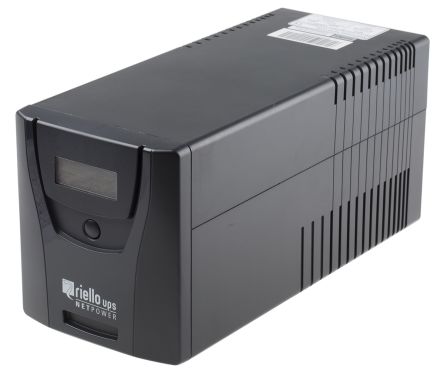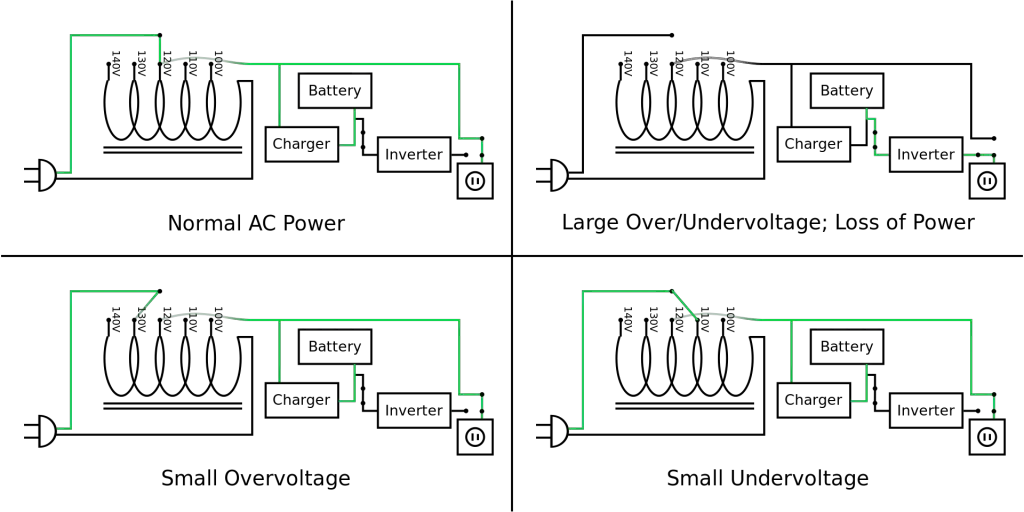Definition of Uninterruptible Power Supply (UPS) in The Network Encyclopedia.
What is Uninterruptible Power Supply (UPS)?
Uninterruptible Power Supply, or UPS, is a device that can temporarily provide power to key components of a network if a general power failure happens.

Uninterruptible power supply (UPS) devices generally use rechargeable batteries and perform operations such as the following:
- Notifying users that a shutdown is imminent and that they should save their work
- Pausing services on servers to prevent new connections from being established
- Providing enough power to perform a soft shutdown of servers and other key network components
- Performing other actions as specified in a batch file that runs automatically
- Providing power line conditioning and smoothing out spikes and dips in the power flow
UPS units for computer networking equipment are available in both stand-alone and rack-mountable versions. UPS devices are generally rated according to two values:
- Volt-amperes (VA) or kilovolt-amperes (kVA), which represents the overall ability of the UPS unit to support connected equipment. The larger the kVA value, the greater the number and power requirements of the connected equipment it can support. UPS units range from 1 or 2 kVA units for computer network server rooms to cabinet-sized 500-kVA units for hospitals. UPS units can also be rated in watts (W): 1 VA = 1 W, and 1 kVA = 1 kW.
- The amount of time that the unit can sustain maximum power generation. Typical times for network UPS units are 5 to 15 minutes. You can use additional battery packs with some devices to extend available uptime.
Uninterruptible Power Supply technologies
- Offline: The offline/standby Uninterruptible Power Supply offers only the most basic features, providing surge protection and battery backup.
- Line-interactive: The line-interactive Uninterruptible Power Supply is similar in operation to an Offline UPS, but with the addition of a multi-tap variable-voltage autotransformer. This is a special type of transformer that can add or subtract powered coils of wire, thereby increasing or decreasing the magnetic field and the output voltage of the transformer.
- Online: In an online Uninterruptible Power Supply, the batteries are always connected to the inverter, so that no power transfer switches are necessary. When power loss occurs, the rectifier simply drops out of the circuit and the batteries keep the power steady and unchanged. When power is restored, the rectifier resumes carrying most of the load and begins charging the batteries, though the charging current may be limited to prevent the high-power rectifier from overheating the batteries and boiling off the electrolyte. The main advantage of an on-line UPS is its ability to provide an “electrical firewall” between the incoming utility power and sensitive electronic equipment.

Test your Uninterruptible Power Supply
Always test your UPS after installing it. Otherwise, you might be sorry when a power failure happens in your neighborhood!
Can your Uninterruptible Power Supply support your power needs?
The larger the load attached to a UPS unit, the shorter the time interval the unit can continue powering attached devices during a power outage. Be sure that your Uninterruptible Power Supply unit can support your power needs for the time needed to properly shut down your system.